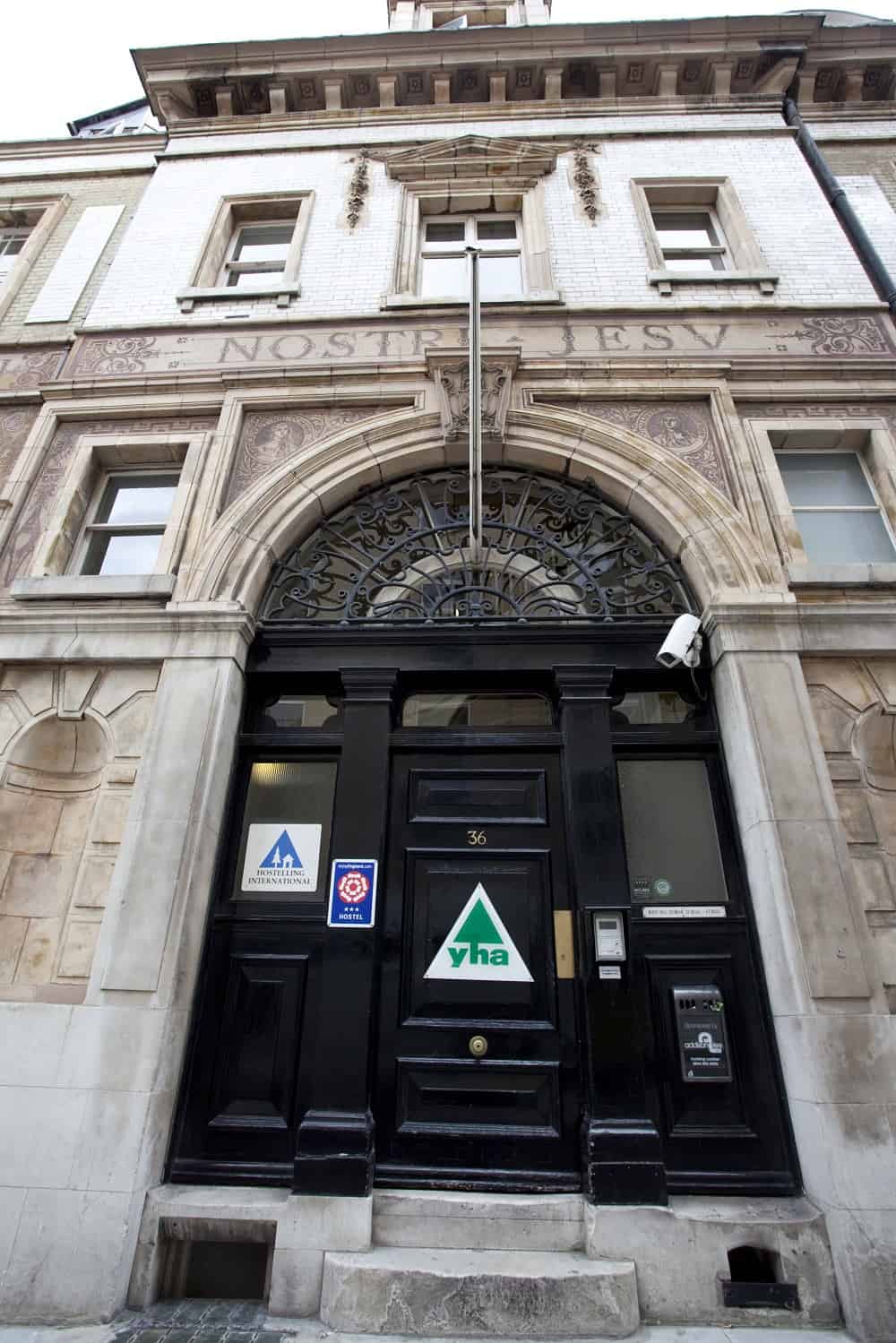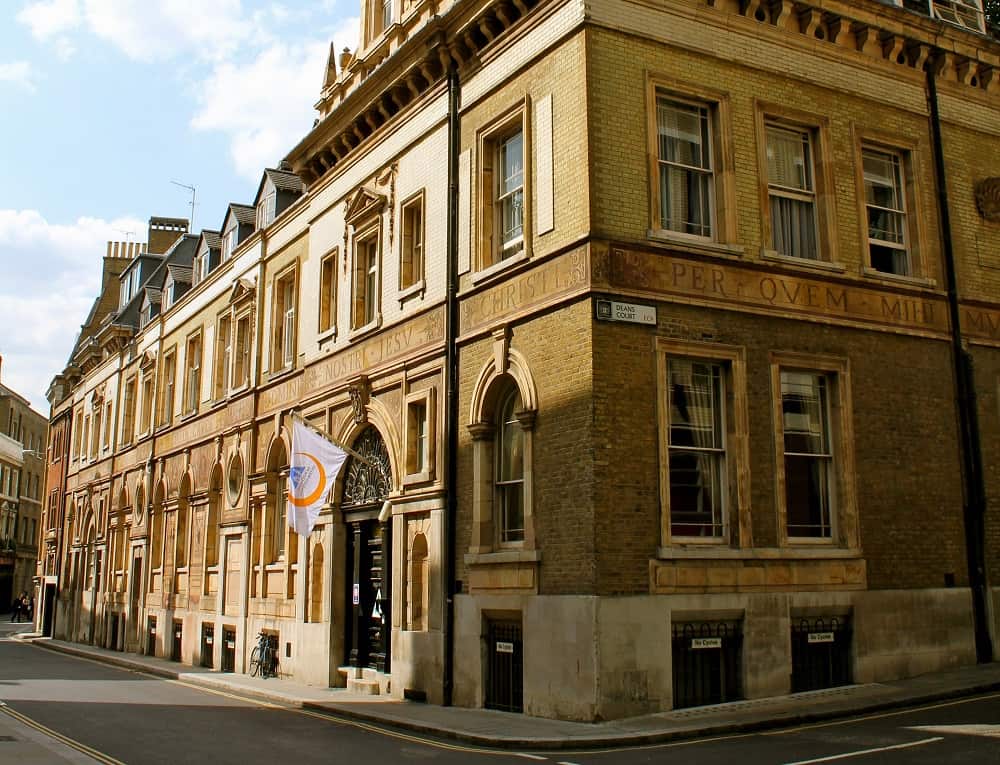A Central London youth hostel which has housed the City’s homeless during lockdown will offer them respite until winter’s end next year in a bid to help get people off the streets permanently.
When the government announced its “everybody in” policy at the beginning of lockdown, City of London Corporation block-booked space at the Youth Hostel Association’s historic building near St Paul’s Cathedral.
Normally it is a low-cost option for tourists keen to explore the iconic sites in London.
But with tourism down it will now help some of the capital’s most vulnerable stay off the streets.
Because of social distancing the number of beds in the St Paul’s hostel had to be reduced from 213 to just 20.
Now lockdown has started to ease it will increase the number of spaces to 45 and the City of London Corporations hopes people get the breathing space to find them a permanent home and get back on their feet.
Chris Pelham, the assistant director of communities and children’s services, said his team has already identified people it can help there.
They all have plans to help them move into permanent accommodation and include 31 people who came off the street during lockdown – 19 are already at the YHA, whilst a further four were in accommodation booked by the Greater London Authority and eight more were in hotels.
The Greater London Authority block booked the Travelodge London City Hotel in Middlesex Street – which housed 33 people by the beginning of April – which it has extended to 8 August.
NOW READ: TfL needs extra £2 billion in second half of year
In May this year there were 4,184 homeless people recorded across London and 3,630 were in emergency accommodation.
The City of London regarded the move as an opportunity to help get people off the streets for good.
For some of the City’s rough sleepers it was the first time they had been willing to talk to the corporation about getting off the streets in a decade.
Mr Pelham said the youth hostel has been a “key” part of the support for homeless people.
Initially the council booked the hostel in Carter Lane until July when the government funding was due to run out.
Mr Pelham said: “The clients we’ve been able to work with successfully at the YHA are the clients we’ve been trying to work with for years.”
“We have made life-changing differences during this time,” Mr Pelham said.
Marianne Fredericks, who chairs the Corporation’s homelessness and rough sleepers sub-committee said lockdown has seen an “extraordinary turnaround” for some people.
“We always knew that the barrier for them was their environment – they felt safe in the City and they didn’t want to leave that area.
“So having the youth hostel has allowed us for the first time ever to get people who have been on our streets for years, ten years or more into accommodation and not just into accommodation but help with drug, mental health, their physical health for the first time, been able to get them onto benefits. It’s completely been life changing for them.”
Because of the emergency move Mr Pelham said just eight to 12 people were counted on the street recently – “the lowest level of rough sleeping recorded in the Square Mile for many years”.
This compares with 45 people sleeping rough in January – before the Covid crisis accelerated.
For the latest headlines from the City of London and beyond, follow City Matters on Twitter, Instagram and LinkedIn.







